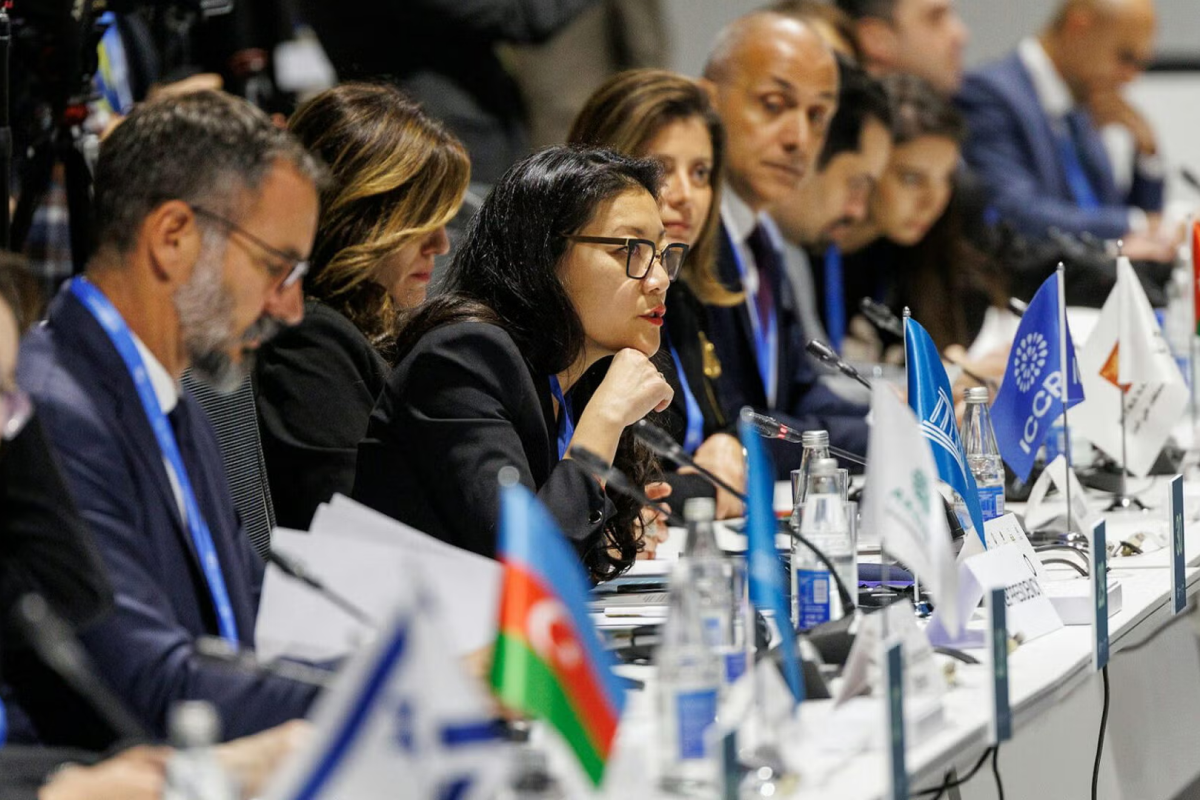The 2024 United Nations climate talks wrapped up two days late, with an ending fitting that of a geopolitical reality TV show, complete with walkouts and recriminations.
Countries agreed on a new climate finance target on Nov. 24, 2024, promising to provide at least US$300 billion annually by 2035 to help developing countries build clean energy systems. But it was far less than the $1.3 trillion vulnerable countries were calling for.
The conference also delayed a debate over how to move forward on a 2023 agreement for all countries to contribute to “transitioning away from fossil fuels” and to submit climate pledges aligned with the 1.5C limit.
Some people may be ready to write the epitaph for global progress against climate change. But as someone who teaches global environmental politics and has followed international climate talks for years, I see both practical and moral reasons to remain hopeful.
